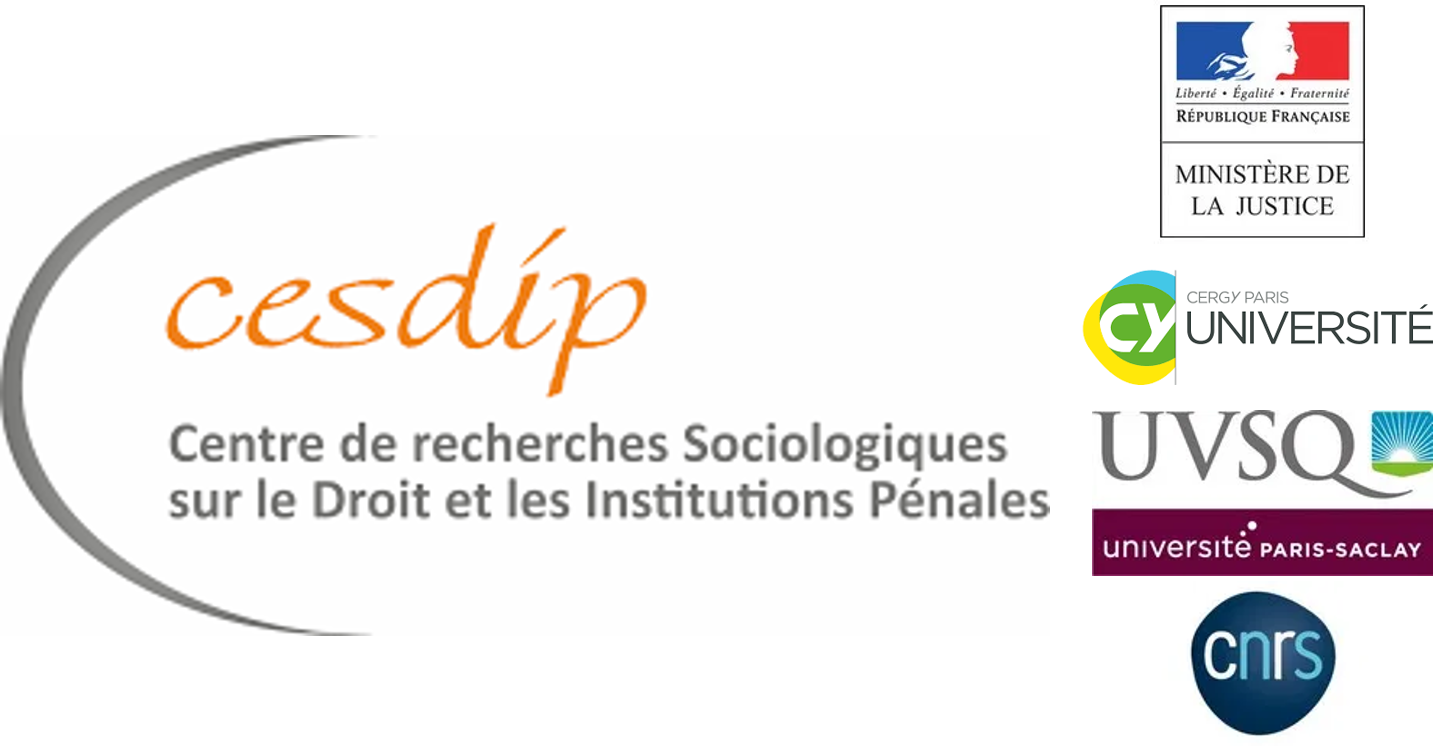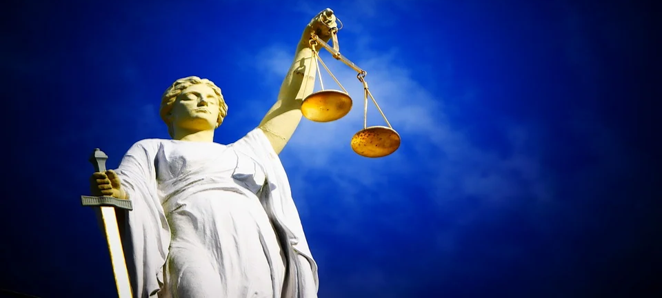Public authorities and non-profit organizations in the fight against human trafficking
Pouvoirs publics et associations en lutte contre la traite des êtres humains
Résumé
The links between associations and public authorities are of particular importance in
public policies aimed at combatting trafficking in human beings for the purpose of sexual exploitation. Based on observation and interviews with social (associations that accompany sex workers) and penal actors (police, magistrates) involved in the fight against trafficking, this article analyses the way in which associations have constituted and claimed expertise in the field of detection and identification of victims of trafficking. In this respect, the “cultural” expertise claimed by some nongovernmental actors, linking the supposed origin of the victims and perpetrators with particular methods of committing offences and exercising constraints, is found to be particularly significant in their recognition as partners of public actors. On the basis of observation of arenas within which associative and repressive actors are brought together, the text shows how this cultural expertise
circulates and contributes to the construction of complementary professional legitimacies between these two families of actors. It argues that this cultural expertise and its dissemination favors both the othering of the target populations of public action and the bringing together of social and criminal rationales.
Les liens entre associations et pouvoirs publics jouent un rôle singulier dans la fabrique d’une politique publique de lutte contre la traite des êtres humains à des fins d’exploitation sexuelle. À partir d’enquêtes par observations et entretiens auprès des acteurs du social (associations d’aide aux travailleur·euses du sexe) et du pénal (police, justice) engagés dans la lutte contre la traite, cet article propose de revenir sur la manière dont les associations ont constitué et revendiqué, auprès des pouvoirs publics, une expertise en matière de repérage et d’identification des victimes de traite, en particulier lorsqu’elles sont nigérianes. L’enquête montre à cet égard le rôle particulier joué par la revendication d’une expertise dite « culturelle », associant à l’origine supposée des victimes et des auteur·rices des modalités particulières de commission de l’infraction et d’exercice de la contrainte. L’observation des arènes partenariales réunissant acteurs associatifs et répressifs montre alors comment la circulation de cette expertise contribue à construire des légitimités professionnelles croisées entre les deux familles d’acteurs, favorisant à la fois l’altérisation radicale des populations-cibles de l’action publique et le rapprochement entre logiques sociales et logiques pénales.

